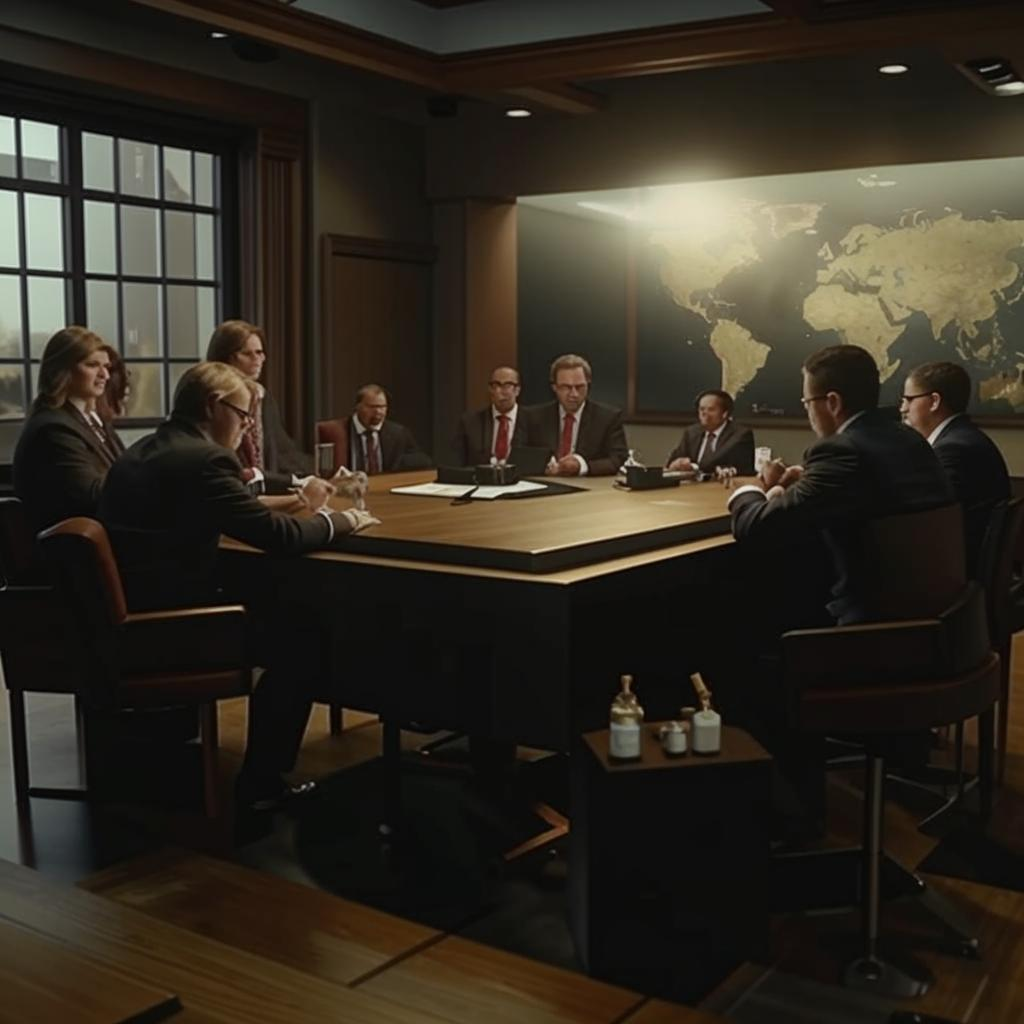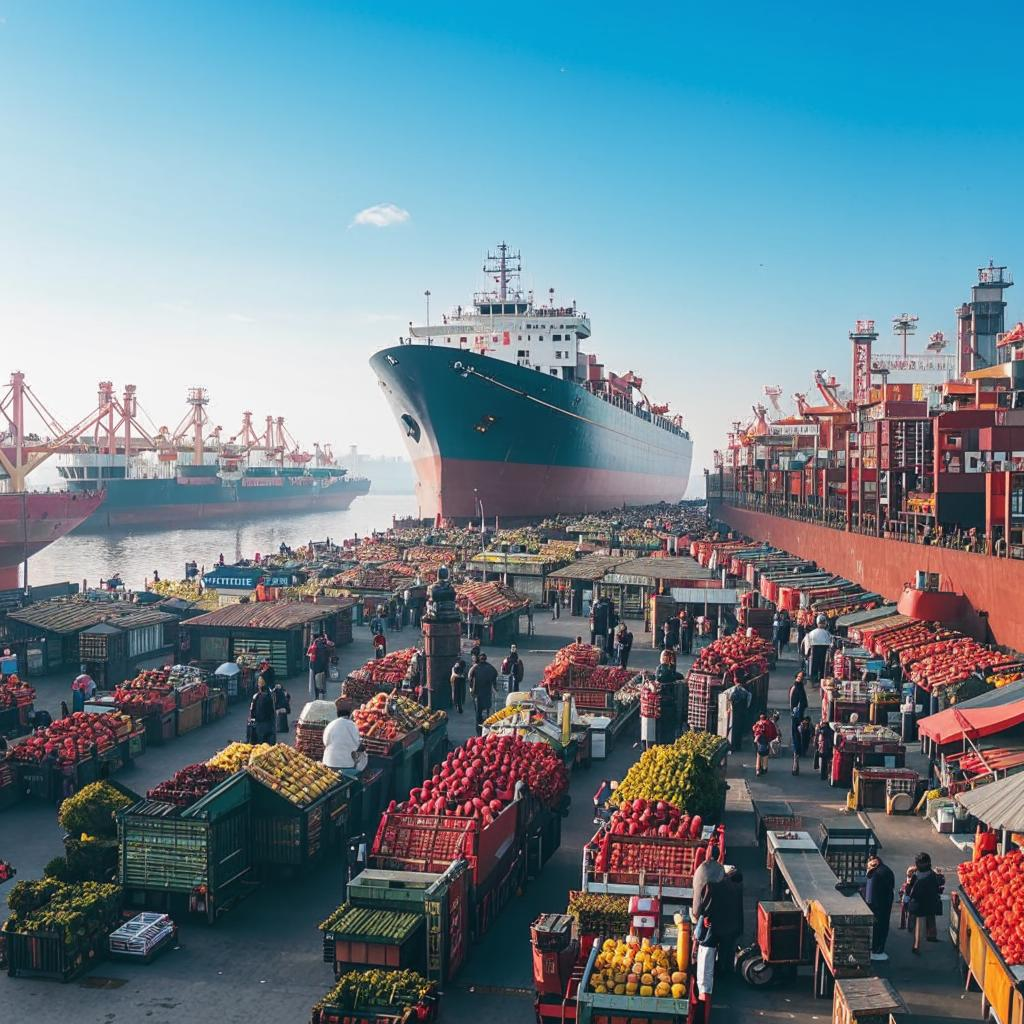Argentina is set to dismantle its stringent currency controls, a move supported by the International Monetary Fund (IMF). The newly-elected government, led by President Javier Milei, aims to liberalize the economy and attract foreign investment. The currency controls, in place for several years, have stifled economic activity and created a black market for U.S. dollars.
The IMF has pledged to provide financial assistance to Argentina as it transitions to a more open currency regime. This support is crucial to stabilizing the economy and building confidence among investors. The lifting of currency controls is a key component of Milei’s broader economic reform agenda, which also includes fiscal austerity measures and privatization of state-owned enterprises.
Economists are cautiously optimistic about the potential benefits of this policy shift. While the removal of currency controls could lead to a short-term devaluation of the Argentine peso, it is expected to improve the country’s long-term competitiveness and attract much-needed foreign capital. However, the success of the plan hinges on the government’s ability to maintain fiscal discipline and implement structural reforms. The transition period will likely be volatile, and careful management of the economy will be essential to avoid social unrest. The move signals a significant shift in Argentina’s economic policy, with the potential to reshape its financial landscape.















